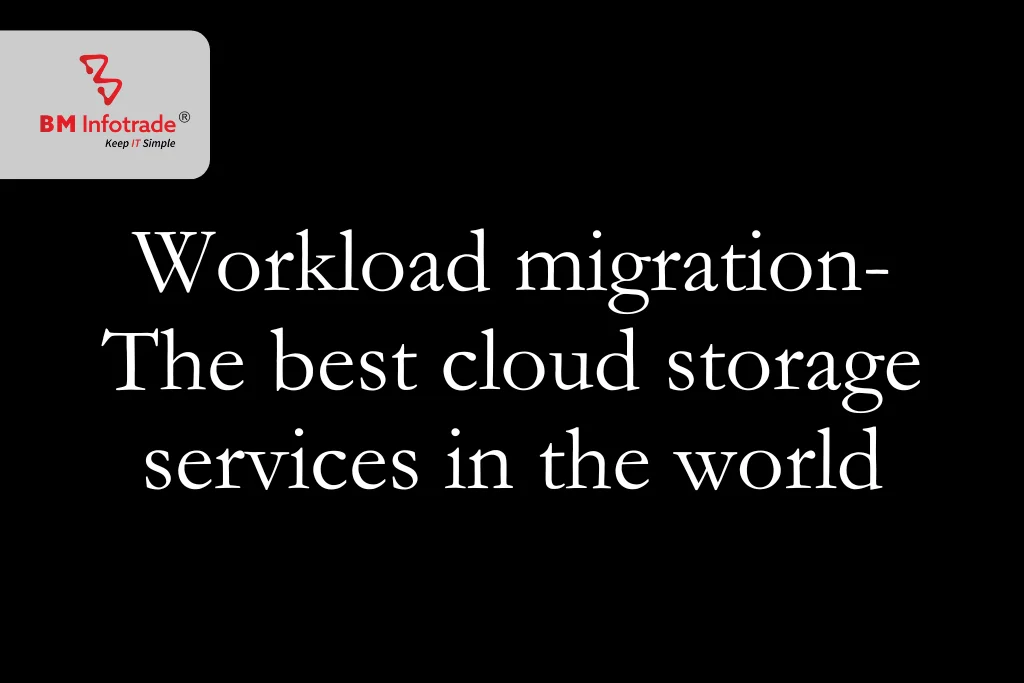What is Data Analytics? Intelligence through data analytics
Explore the concept of data analytics, its types, and how it generates valuable insights that empower businesses and enhance decision-making.

What is Data Analytics? Intelligence through data analytics
Table of Contents
Analytics is the process of identifying and sharing significant patterns in data. Analytics depends on the concurrent application of statistics, computer programming, and operation research to qualify performance, making it particularly valuable in fields rich in recorded information. Data visualization is frequently preferred by analytics to convey insight.
Businesses frequently use analytics to describe, forecast, and enhance business performance. Predictive analytics, enterprise decision management, and other areas are specifically included. Due to big data's potential for extensive computation, algorithms and software make use of the most recent computer science techniques.
In a nutshell, analytics is the process of turning data into knowledge to improve decision-making. With the help of data analytics, decisions can be made more wisely and with better business results. A data warehouse or Business Intelligence (BI) architecture that offers a flexible, multifaceted analytical ecosystem optimized for quick ingestion and analysis of large and varied data sets is essential to design and build.
What exactly is data analytics?
New paradigms are being opened by the massive amounts of data being generated in this new digital world. We can use this data to aid in the data-driven decision-making process because we have high computing power and a lot of data at our disposal. Data-driven decisions are primarily advantageous because they are based on an observation of historical trends that have produced advantageous outcomes. Data analytics, in this sense, can be defined as the process of manipulating data to uncover hidden patterns and useful trends that can be used to generate insightful business forecasts.
Analytics of Data: It’s Value
Any company needs data analytics to function:
- If you incorporate it into your business model, it implies that it can encourage decreasing expenses by identifying more profitable ways to conduct business and by gathering vast amounts of data. It helps businesses optimize their successes.
- Business analytics helps any company make decisions, understand customer needs, and meet those needs. As a result, your company will develop better and new products and services.
- Data analytics can help any business grow by analyzing the business value chain and showing you how the use of existing data will be advantageous.
Read More: Why data analytics is important? Data is the new fuel for a digital world
Data analytics procedure
The steps in the data analytics process are as follows:

- Establishing the criteria for categorizing data.
- Assembling data from various sources.
- Statistically arranging the data further.
- Filtering the data to remove duplicates and errors. One then assesses the information to make sure it is complete.
- In addition, using programs like Excel, R, or Python, one can analyze error-free data to find trends.
- One can convert the raw data into graphics for management and staff to better understand once the trends are known.
- This is the last step, where management reviews the recommendations generated by data analytics and decides whether or not to implement them.
Data analytics use
The following are some crucial fields and methods of strategic planning where data analytics have been particularly influential:

- Better Decision-Making: We will be able to implement decisions with a higher likelihood of success if we have data to support them. For instance, there will be no hesitation in re-implementing a decision or plan if it will result in better results.
- Better Customer Service: The best example of this is churn modeling, where we try to predict or identify what causes customer churn and change those things appropriately so that customer attrition is as low as possible, which is a key factor in any organization.
- Efficient Operations: By using data analytics to better understand the demands of the situation and what needs to be done to achieve better results, we can streamline our procedures and achieve efficient operations.
- Effective Marketing: Market segmentation techniques have been put into place to focus on this crucial factor alone, where we are expected to find the marketing strategies that will help us boost our sales.
Read More: The Future of Data Analytics: Career Opportunities in 2024
Conclusion:-
Data is crucial for any business because it allows them to better understand their customers, improve their marketing efforts, and increase their bottom lines. There are many benefits to data, but you can't take advantage of them without the right tools, so data analytics processes and tools are absolutely essential.
Although raw data has a lot of capabilities, you need data analytics to unlock the potential to grow your business. As a result, we can conclude that data analytics is crucial for the growth of any company because it helps the business to maximize its performance.







Anshul Goyal
Group BDM at B M Infotrade | 11+ years Experience | Business Consultancy | Providing solutions in Cyber Security, Data Analytics, Cloud Computing, Digitization, Data and AI | IT Sales Leader